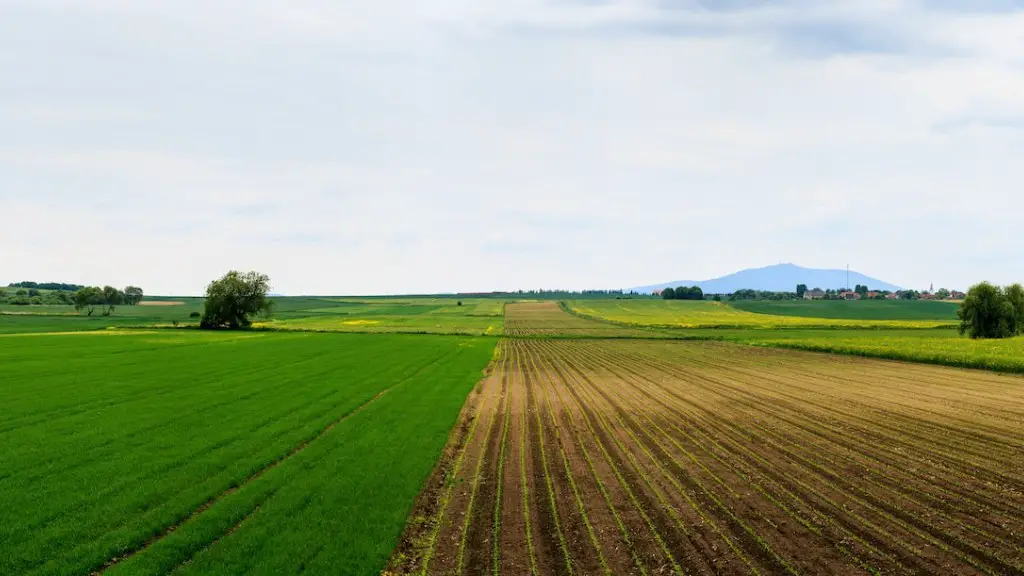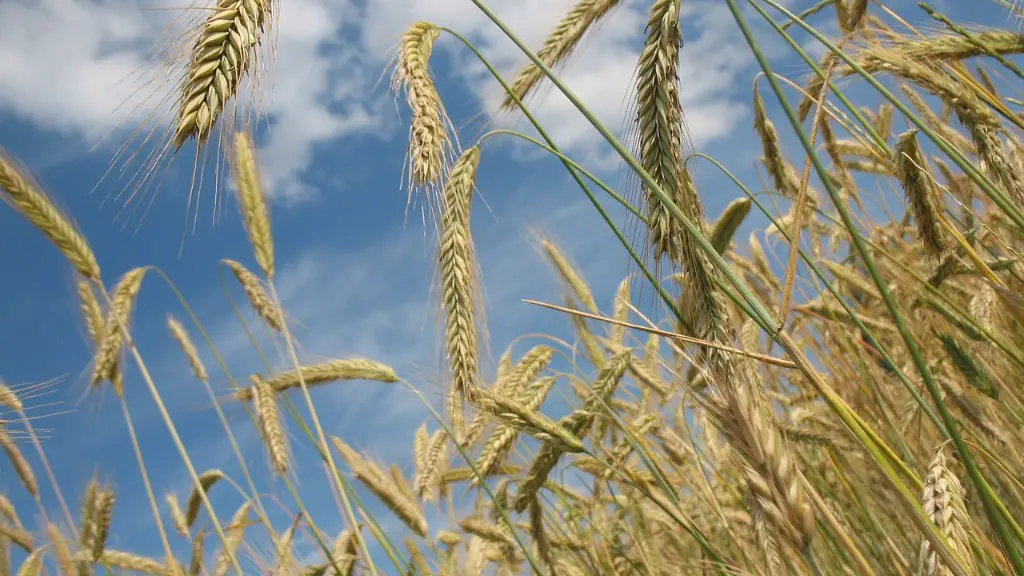Agriculture degree programs incorporate the latest in scientific, technical and managerial training in agricultural production and the related agricultural processing industry. They prepare graduates for successful careers with in the areas of crop and animal production, agribusiness and marketing, natural resource management and sustainable food production. Agriculture degrees teach students the fundamentals of plant and animal science, agricultural economics and finance, agribusiness management, and land-use planning, as well as applied technologies in soil science, crop production and management, animal nutrition and health and agricultural engineering. Agriculture degrees also provide additional curricular options that allow students to specialize in a particular area, such as agroforestry, entomology, horticulture, meat science, poultry science and sustainable agriculture.
Plant Science
The plant science component of an agriculture degree offers students an understanding of fundamental plant biology concepts, such as genetics, physiology, morphology, taxonomy and reproductive biology, as well as the tools to develop and manage robust crop systems for commercial production. Agriculture students can gain specialized knowledge in molecular biology, plant pathogenic microorganisms, plant genetics, plant nutrition and pest management strategies. Agriculture degree programs also teach students how to grow, harvest, store and process a variety of crops, as well as analyze soil fertility and use new technologies and practices to increase crop yields and manage pest populations.
Animal Science
Animal science is a core component of an agriculture degree. Students learn the biology and management of a variety of domesticated animals, including dairy and beef cattle, swine, poultry, sheep and goats. Students learn to assess animal health and nutrition, select and breed appropriate animals, design and maintain housing systems and develop animal management protocols. Students also gain expertise in reproduction, genetics, behavior, physiology and nutrition. In addition, students may elect to specialize in equine science and animal biotechnology.
Business and Management
Agriculture degree programs incorporate business and management courses to provide students with a competitive edge in employment and entrepreneurship. Students can gain knowledge in the areas of marketing and product promotion, economic principles of the farm and food industry, financial management and alternative farming practices. Agricultural business and management courses also provide students with exposure to labor laws and regulations, business strategies, risk management and logistics.
Natural Resources
Natural resource management is an important component of agriculture degree programs. Courses include soil conservation, ecology and stream management, watershed management and sustainable farm and land-use planning. Students learn to apply principles of natural resource management to develop farm and ranch management plans and promote sustainable agricultural practices. This component of an agriculture degree prepares students for careers in land-use planning, natural resource management, sustainable agriculture and environmental management.
Technology
Agriculture degree programs offer technology courses designed to embed students with the principles and beneficial application of technology in agribusiness, farm management and food production. Students learn to use various sensing and monitoring systems, precision farming technologies, geographic information systems and computer software applications used in the agricultural sector. Technology courses teach students to develop efficient management systems that integrate technology and skills to enhance farm production, animal welfare, resource conservation and sustainable agricultural practices.
Food Science & Quality
Agriculture degrees offer students instruction in food science and quality, including topics such as food safety and nutrition, food processing and packaging, preservation and storage technologies and product development and quality assessment. Food science and quality courses provide in-depth coverage of food labels, nutrition labeling, contaminants and sanitation in food processing operations. Students can also gain expertise in post-harvest handling, food processing operations, food product development and sensory evaluation of food products.
Entomology & Pest Management
Entomology courses within an agriculture degree curriculum provide students with the knowledge and skills to identify and understand insect life cycles, their interactions with the environment, and their impact on agricultural production. Students develop expertise in pest management practices and technologies, such as biological control systems, integrated pest management strategies, and chemical and non-chemical methods of pest control. In addition, agriculture students can specialize in entomology and gain understanding of insect ecology and population dynamics, disease vectors, and management of pests in agricultural and natural ecosystems.


